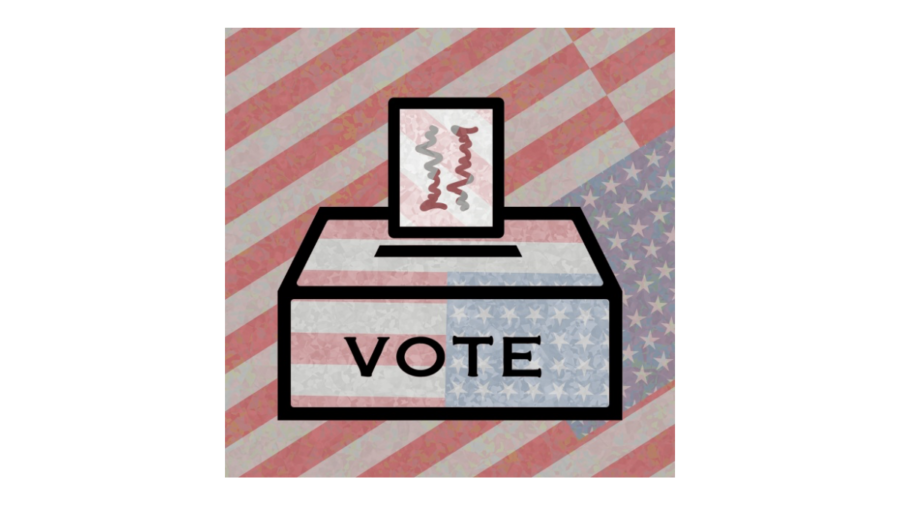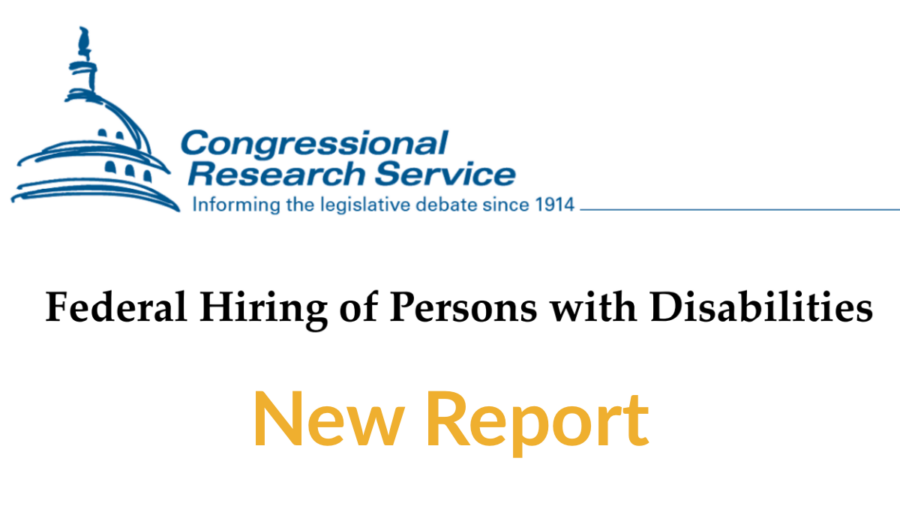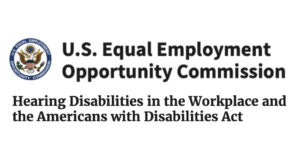 As part of our ongoing commitment to ensure that we are equipping our readers with the best and most up to date strategies for workforce inclusion, we are pleased to share on January 24, the U.S. Equal Employment Opportunity Commission (EEOC) released an updated resource explaining ADA requirements for individuals with hearing disabilities in the workplace. Called “Hearing Disabilities in the Workplace and the Americans with Disabilities Act,” it details how the Americans with Disabilities Act (ADA) applies to job applicants and employees who are deaf or hard of hearing or have other hearing conditions.
As part of our ongoing commitment to ensure that we are equipping our readers with the best and most up to date strategies for workforce inclusion, we are pleased to share on January 24, the U.S. Equal Employment Opportunity Commission (EEOC) released an updated resource explaining ADA requirements for individuals with hearing disabilities in the workplace. Called “Hearing Disabilities in the Workplace and the Americans with Disabilities Act,” it details how the Americans with Disabilities Act (ADA) applies to job applicants and employees who are deaf or hard of hearing or have other hearing conditions.
The EEOC publication outlines how certain pre- and post-job offer disability-related questions can violate the ADA, describes easy-to-access technologies that can make providing a reasonable accommodation for a hearing disability free or low-cost, addresses employer concerns about safety, and shares realistic scenarios of potential discrimination. The agency points out that it both provides updated information about discrimination against job applicants and provides new or updated examples that reflect available technologies. [continue reading…]


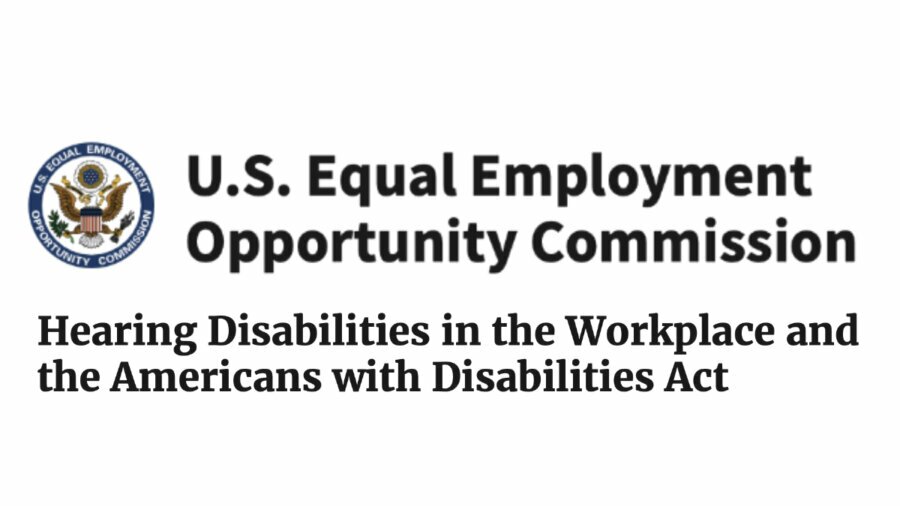

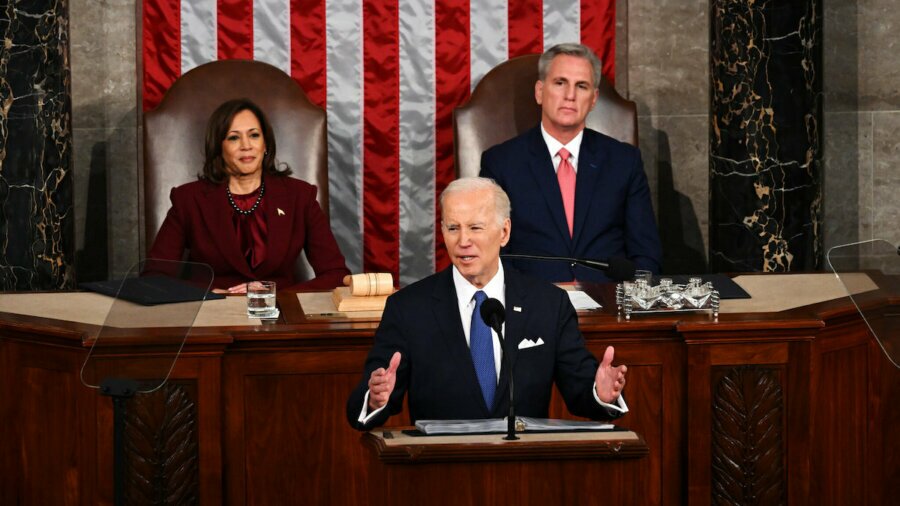



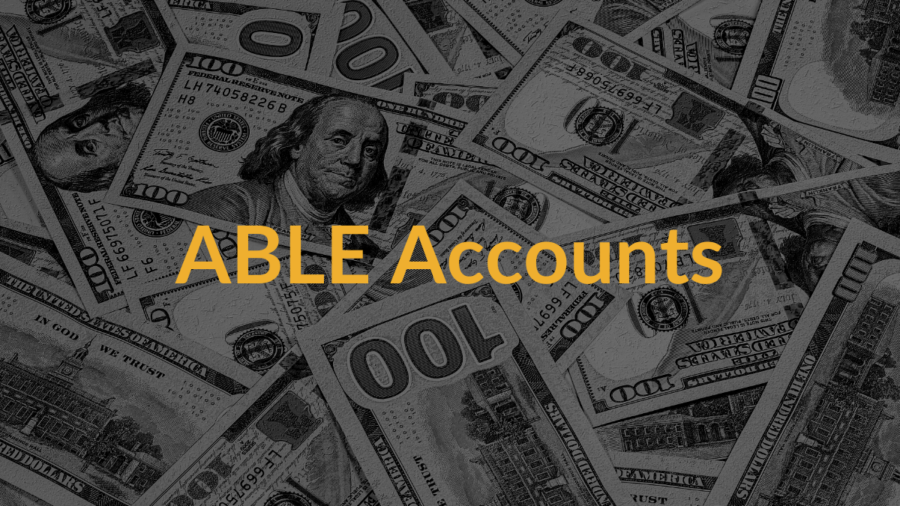
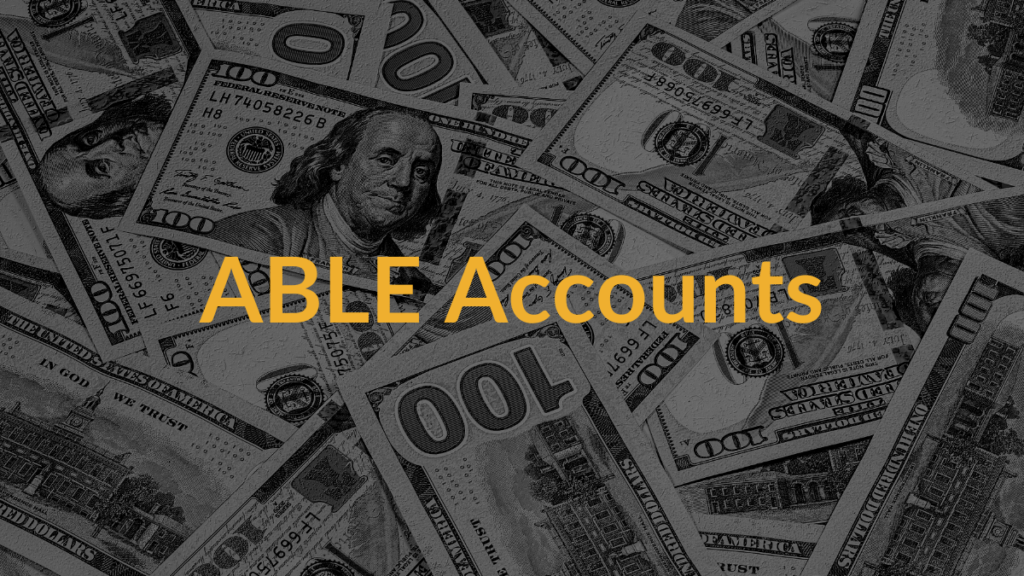
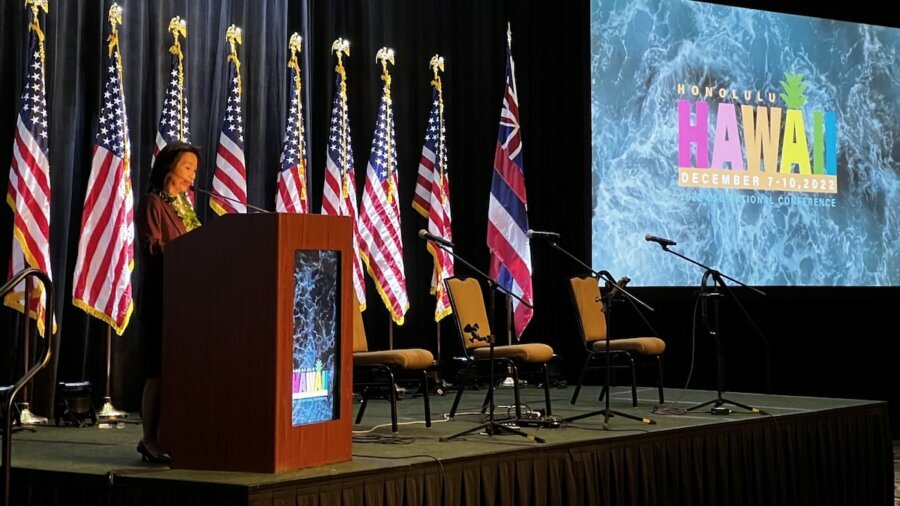
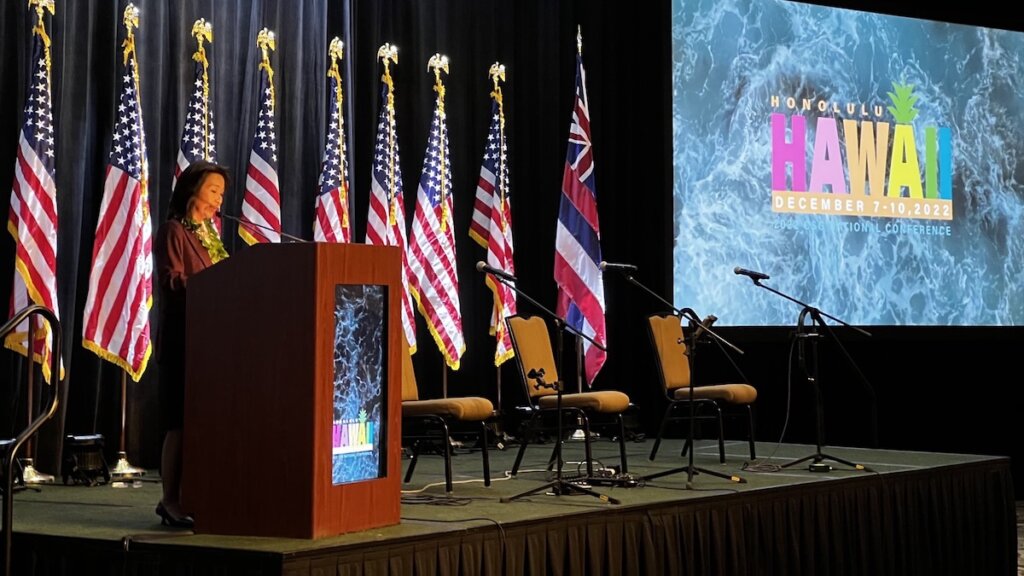

 Lois Curtis had been diagnosed with schizophrenia and developmental disabilities as a young woman, and by her late 20s she had spent more than half her life in state institutions. Isolated and angry, she chain-smoked to pass the time and prayed to God at night, asking to be rescued from the Georgia Regional Hospital in Atlanta.
Lois Curtis had been diagnosed with schizophrenia and developmental disabilities as a young woman, and by her late 20s she had spent more than half her life in state institutions. Isolated and angry, she chain-smoked to pass the time and prayed to God at night, asking to be rescued from the Georgia Regional Hospital in Atlanta.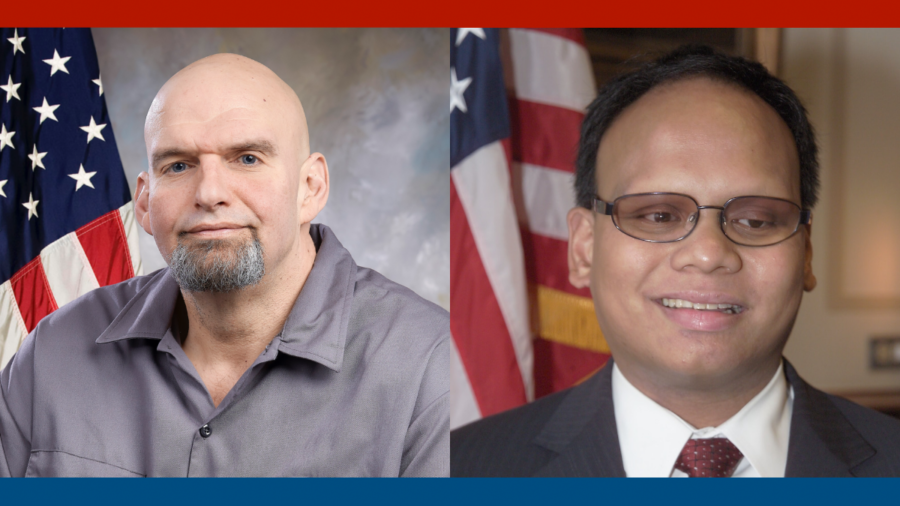
 While government roles
While government roles 